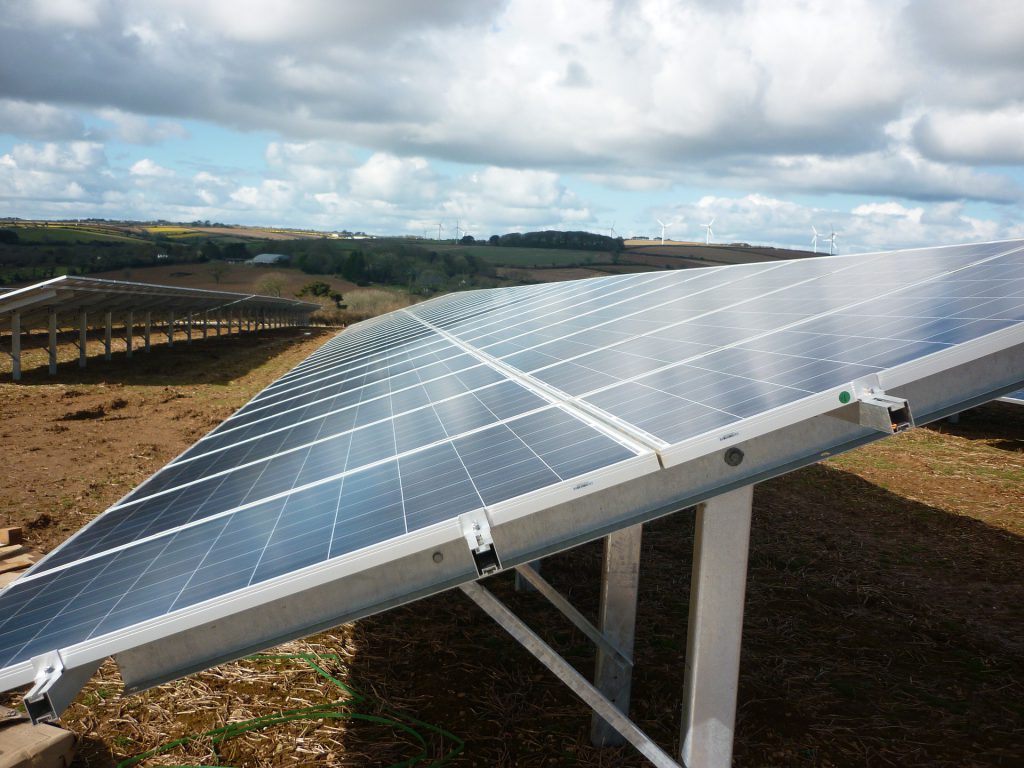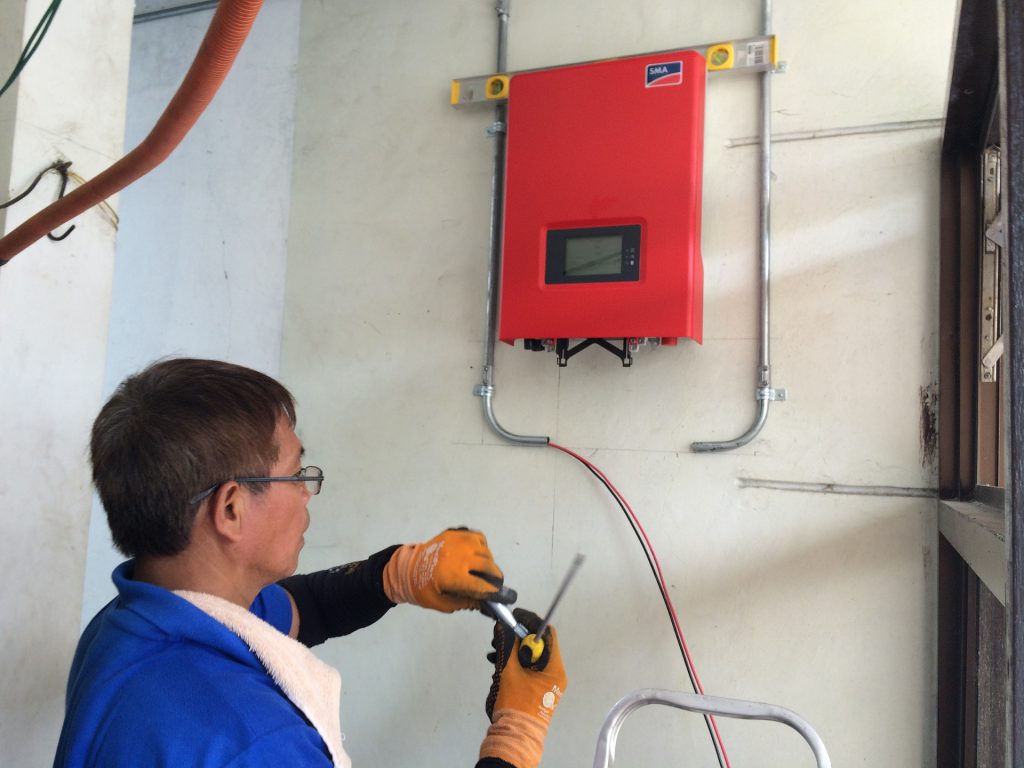Solar energy can seem complicated and confusing, but it doesn’t have to be. If you’re thinking of going solar, then it’s best to have a basic understanding of some solar energy terminology so you can make a more informed decision on a solar energy system. In order to help simplify your search for the right solar energy system, we have provided some key terms that will help you better understand your options.
Solar Panel Terminology

- Module– This is another name for a solar panel.
- Kilowatt- The standard unit for electricity. The average home uses approximately 900 kilowatts per month.
- Utility Grid– Often referred to as simply “The Grid, ” this is a term for a generating station that produces electricity. Electricity is transmitted from a generator, and transmits it to customers through a distribution system.
- Off Grid– This means being completely disconnected from the electricity grid. Homes that go “off the grid” have to generate all of their own electricity from their home solar energy system.
- Array– Multiple solar cells make up a solar panel, and when multiple panels are wired together, it forms a solar array.
- Mounting hardware– The equipment used to secure solar panels to each other and onto rooftops.
- Ground-mounted solar- Term for a solar array that is installed on land. Ground mounted solar systems are mainly used for large-scale commercial and utility-scale solar projects.

- Inverter– Solar inverters take direct current (DC) from the solar energy system and use it to create alternating current (AC) electricity to power your home. You have the option to choose from different types of inverters, including micro-inverters, which are attached to each individual solar panel. This allows each panel to perform at its maximum potential, and means that one damaged solar panel won’t bring down the performance of the entire solar array.
- Solar batteries– Also referred to as solar storage systems, backup batteries can store excess energy generated by the solar system for use at night or during emergencies.
- Solar panel efficiency-The percentage of sunlight captured and converted into reusable energy. Most panels run at about 14-16% efficiency, and high efficiency panels rate just above 20%.
- Voltage drop– When a current moves through an electrical circuit, a small amount of voltage is lost. This can lead to some production loss from your solar system.
Solar Pricing Terminology

- Grid parity– A term used when power generated by solar panels costs the same or less than power from conventional resources like natural gas.
- Federal Investment Tax Credit (ITC)– Commonly referred to as the solar tax credit, this credit to your federal taxes reduces the total cost of your solar energy system by 30% .
- Net metering- With this billing mechanism, you can receive credit for any excess electricity generated by your solar panels.
- Solar Renewable Energy Credit (SREC)– A solar incentive that allows you to get a credit for every unit of electricity that your solar panel system generates. You can sell your SRECs back to utility companies in order to save more money.
- Power Purchase Agreement (PPA)- The contract you sign with a solar company to have a solar energy system installed on your roof. With this agreement, you agree to pay the company a per kilowatt-hour rate for the electricity produced by the solar panels.
Go Solar Energy wants to make your solar experience as smooth as possible. Our agents will help you fully understand how solar power systems work, and can save you money by finding all of the rebates and incentives offered in your area. If you are interested in installing a solar panel system and reducing your electric bill, we will find you the most affordable plan, so you can start saving hundreds of dollars every year. To compare different plans and to see if you qualify for incentives, speak to one of our agents. We will compare quotes for you in minutes, for free. Start saving now! Enter your zip code on our home page, or to speak directly to an agent call (888) 290-3112.